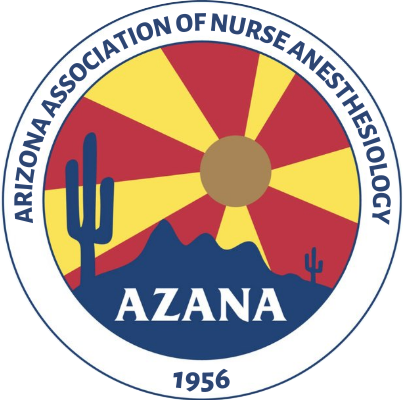Discharge, Explained
CMS Appendix L 416.52 (b) begins the understanding of expectations for discharge.
1. Post surgical assessment [416.52] and post anesthesia assessment 416.42(a)(2) are two different assessments
416.42 "...(2) Before discharge from the ASC, each patient must be evaluated by a physician or by an anesthetist as defined at §410.69(b) of this chapter, in accordance with applicable State health and safety laws, standards of practice, and ASC policy, for proper anesthesia recovery....ASCs would be well advised in developing their policies and procedures for post-anesthesia care to consult recognized guidelines."
416.52(b) "...(1) The patient's post-surgical condition must be assessed and documented in the medical record by a physician, other qualified practitioner, or a registered nurse with, at a minimum, post-operative care experience in accordance with applicable State health and safety laws, standards of practice, and ASC policy...."
2. The essence of this guideline revolves around medical and physical discharge.
416.52(c)(2) "...The ASC must - (2) Ensure each patient has a discharge order, signed by the physician who performed the surgery or procedure in accordance with applicable State health and safety laws, standards of practice, and ASC policy..."
This is the one that it is important to read the interpretive Guidelines §416.52(c)(2) The guideline reads "...No patient may be discharged from the ASC unless the physician who performed the surgery or procedure signs a discharge order. The ASC must ensure that physicians follow applicable State laws as well as generally accepted standards of practice and ASC policy when determining that a patient has recovered sufficiently from surgery and may be discharged from the ASC….It is permissible for the operating physician to write a discharge order indicating "the patient may be discharged when stable."ie. medical discharge (73 FR 68721). In such cases there must be documentation of when patient was stable. It is expected that a patient will actually leave the ASC within 15 – 30 minutes of the time when the physician signs the discharge order or when he or she was found to be stable, whichever happens later. ie. physical discharge.
3. DHS Requirements for Discharge
AZ DHS (beyond R9-10-911 section C, paragraph 3, which may be impacted by SB 1300) requires specific discharge duties: “Performing a surgical procedure completes an operative report of the surgical procedure and any necessary discharge instructions according to medical staff by-laws and policies and procedures”.
Furthermore, SB 1300 will still allow for both a physician and a CRNA to be required.
